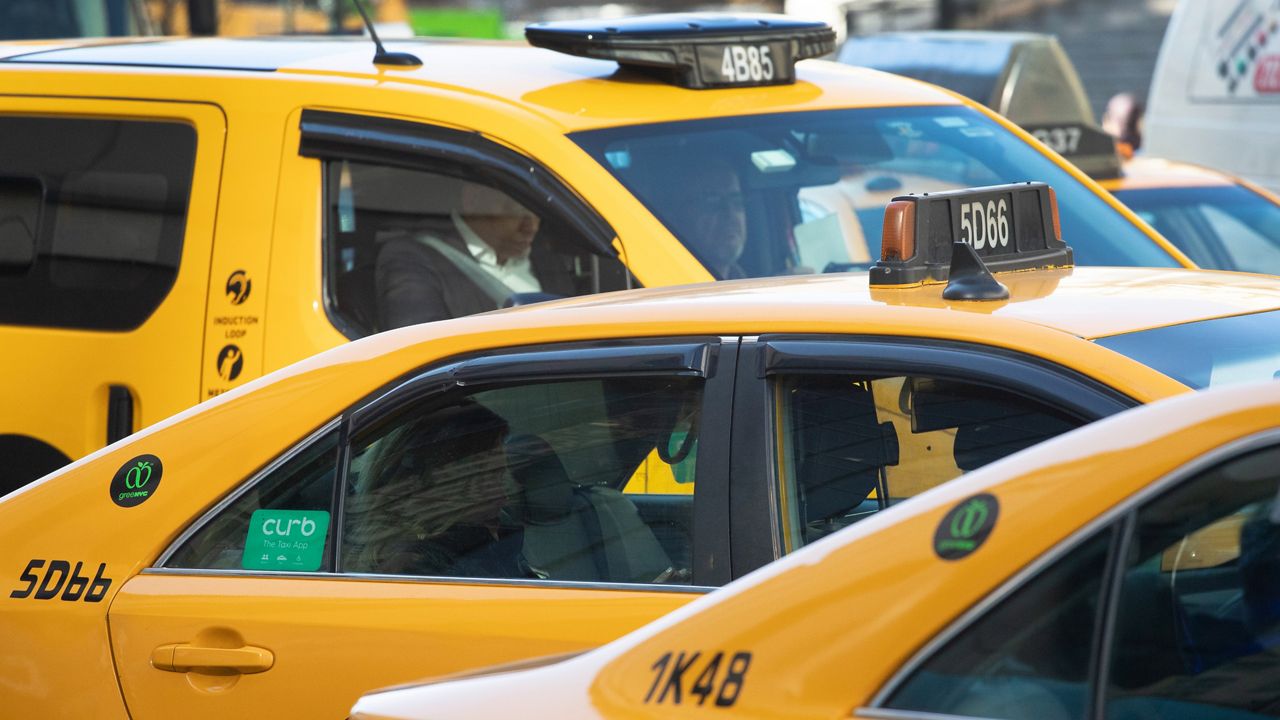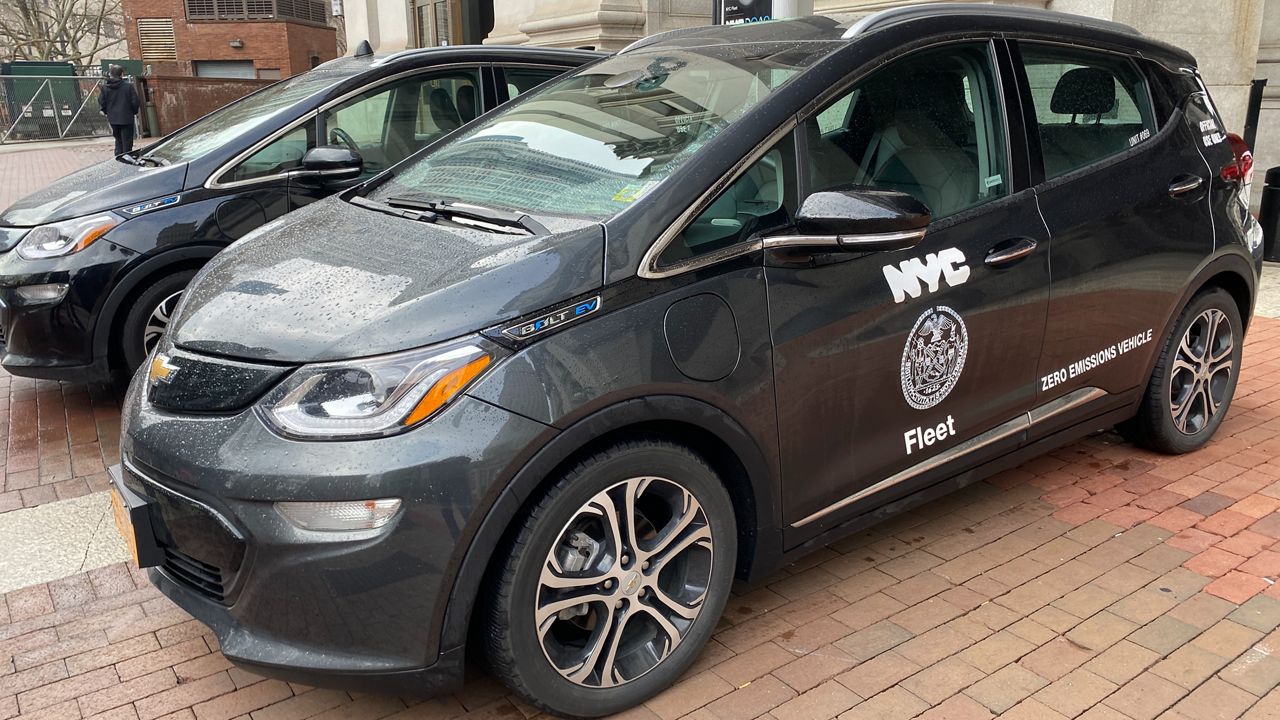Richard Ravitch was many things in public life, but perhaps his most important role was that of financial fix-it man.
Tapped by Gov. Hugh Carey in 1975 to help rescue the state’s Urban Development Corporation, which built low-income housing, Ravitch also helped rescue the city from its fiscal crisis. And he is widely credited with almost single-handedly turning around the failing subway system as MTA chairman from 1979 to 1983.
He tried his hand at electoral politics just once, running for mayor in 1989 and finishing a distant third with just 4% of the vote.
“Even though I was an appallingly bad candidate, it was a great experience,” Ravitch told NY1 in a 2014 profile. “It was an exhilarating experience.”
It wasn’t until two decades later that Ravitch served in public office through an unusual series of events. After Eliot Spitzer resigned amid a prostitution scandal, then-Lt. Gov. David Paterson assumed the top office and named Ravitch his No. 2.
The appointment was challenged in court as unconstitutional, but was ultimately upheld. Ravitch then pitched a massive overhaul of the state’s finances.
“I can only tell you that the course we’re on is not sustainable and will not be sustained,” Ravitch said in 2010.
His recommendations were disregarded, but Ravitch cemented a reputation as a fiscal truth-teller, and was later tapped to examine other state finances, extending a career in public service that spanned more than five decades.
Public tributes poured in Monday after Ravitch’s death.
“From a grateful state of New York for his many, many, many years of service, we say special love to Dick Ravitch,” Gov. Kathy Hochul said at an unrelated news conference Monday.
Among many other notable chapters in his career, Ravitch served as lead negotiator for Major League Baseball in the early ‘90s. And he left a physical imprint on the city through the construction company he inherited from his father, building the Waterside Plaza complex on the East River, among other major projects.
“I’ve done a lot of interesting things. And I love politics,” Ravitch told NY1 in 2014. “And I believe, as you can gather, that politics is the only way you change anything in a democratic system.”








